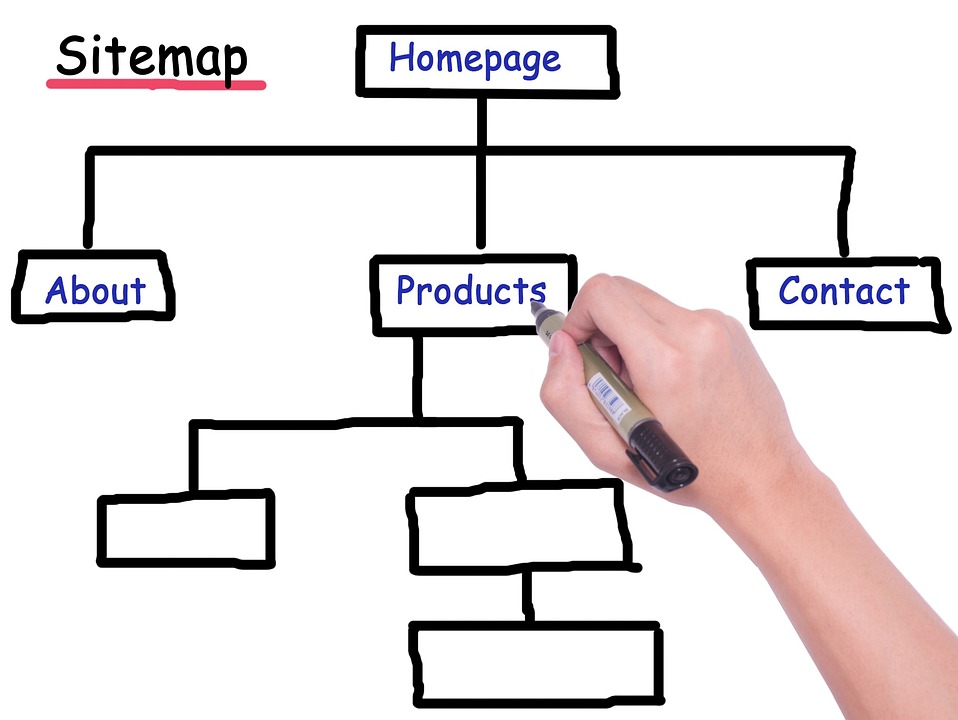Decoding Your Digital Compass: Expert Insights from a Google SEO Report
Navigating the complex world of search rankings can feel like sailing through fog without instruments. That’s where a professional Google SEO Report becomes your indispensable digital compass. As a cornerstone of modern digital strategy, this report isn’t just a data dump; it’s a sophisticated diagnostic tool revealing critical insights about your website’s relationship with Google’s algorithms. Here’s what truly matters:
Core Insights That Separate Winners from the Pack:
-
Visibility & Ranking Dynamics:
- Beyond Position #1: A quality report analyzes ranking distribution – not just whether you rank #1 for a few terms, but how many keywords are in the top 3, top 10, and beyond across relevant clusters. This reveals true market share of voice.
- Keyword Discovery & Intent Mismatch: It uncovers emerging ranking opportunities (low-hanging fruit keywords) and flags keywords where you rank but with high bounce rates – a sign of search intent mismatch requiring content optimization.
- Competitor Gap Analysis: Expert reports don’t look at your keywords in isolation. They map your rankings against key competitors to pinpoint specific opportunities where outranking them is feasible.
-
Organic Traffic: The Real Health Indicator:
- Segmentation Is Key: Robust analysis breaks down traffic by channel (organic, direct, paid, social) to isolate the true impact of SEO efforts. Look for trends correlating with algorithm updates or content launches.
- Page-Level Performance: Which pages drive the most visits? Which high-value pages are underperforming? Understanding this guides content investment and optimization priorities.
- Conversion Pathways: How well does organic traffic convert? Tracking organic users through the funnel (to leads, signups, sales) is paramount for proving ROI.
-
Technical Health: The Foundational Audit:
- Crawlability & Indexation: Can Google find and index your content? Reports expose critical issues like crawling budget waste, significant HTTP errors (4xx, 5xx), and blocked resources hindering indexing (leading to “Discovered – not indexed” flags).
- Core Web Vitals Deep Dive: Beyond a simple pass/fail, expert reports analyze the underlying causes of poor scores (LCP, FID, CLS) – slow server response times, render-blocking resources, unoptimized images, or layout shifts. Prioritization of fixes based on impact is crucial.
- Mobile-First Imperatives: With mobile-first indexing dominant, the report scrutinizes mobile usability, responsive design effectiveness, and speed on cellular connections.
-
Content Effectiveness & Authority:
- Keyword Cannibalization: Signs of multiple pages targeting the same keywords, confusing Google and diluting rankings. The report identifies this critical issue.
- Backlink Power Analysis: It’s not just quantity. Reports assess link profile quality – domain authority distribution, topical relevance of linking sites, toxic link risks, and growth velocity. Assessing linkable assets is key.
- Content Gap Identification: What questions is your target audience asking that your content isn’t answering? Insights are drawn from keyword data and competitor content saturation.
-
User Experience (UX) Signals: Google’s Silent Ranking Factors:
- Engagement Metrics: High bounce rates and low time-on-page often signal content quality issues, poor user relevance, or slow loading times beyond the Core Web Vitals.
- SERP Feature Performance: Are you appearing in Featured Snippets, People Also Ask boxes, or local packs? The report tracks ownership of these high-visibility spots.
- Site Structure & Navigation: Analyzing user paths and internal linking effectiveness shows if information architecture helps users (and crawlers) find content easily.
Conclusion: The Report as Your Strategic Engine
A Google SEO Report, interpreted through an expert lens, is not a static snapshot but a dynamic roadmap for sustainable growth. The key insights outlined above transform raw data into strategic imperatives. Consistent discovery of ranking opportunities, proactive identification and resolution of technical roadblocks, deep understanding of content performance gaps, and constant vigilance over user experience signals are what separate fleeting SEO wins from long-term dominance in the SERPs.
Implementing the findings requires expertise and ongoing effort, but the return is clear: enhanced organic visibility, qualified traffic that converts, and a digitally resilient foundation that weathers algorithm updates. In today’s competitive landscape, neglecting the deep insights within a professional SEO report means navigating blind. Embrace it as your essential tool for mastering the search ecosystem.
FAQs About Google SEO Reports
-
Q: How often should I get an SEO report?
- A: Monthly reports are standard for tracking performance, identifying quick wins, and monitoring for sudden drops. Quarterly reports provide a deeper strategic analysis and trend overview. Businesses in highly competitive niches or undergoing major site changes may benefit from bi-weekly check-ins during critical periods.
-
Q: I get basic traffic data in Google Analytics. Isn’t that enough?
- A: Google Analytics shows what happened (traffic, conversions). A professional SEO report explains why it happened and what to do next. It connects traffic changes directly back to rankings, technical health, competitor movements, and content performance, providing actionable intelligence.
-
Q: What’s the most important metric in an SEO report?
- A: There isn’t one single “most important” metric. It depends on business goals. However, Organic Traffic Trends (growth/decline), Keyword Rankings (visibility), Conversion Rate from Organic, and Core Web Vitals (technical health impacting UX & rankings) are universally critical areas requiring consistent monitoring. An expert report synthesizes these.
-
Q: Can a good report guarantee #1 rankings?
- A: No ethical provider can guarantee #1 rankings. Google’s algorithms are complex and constantly evolving. A good report provides a clear diagnosis and actionable roadmap based on current data and best practices. Achieving top rankings depends on effectively implementing those recommendations and ongoing optimization amidst competition.
-
Q: Why is the backlink analysis section so important?
- A: Backlinks remain a powerful Google ranking factor acting as “votes of confidence.” The report doesn’t just count links; it evaluates their:
- Quality: Authority of linking domains (high Domain Rating/Authority).
- Relevance: Do links come from sites in your industry/topic area?
- Diversity: Mix of link types and source domains.
- Risk: Identification of potentially harmful (toxic/spammy) links that could trigger penalties. Managing your backlink profile is crucial for long-term health.
- A: Backlinks remain a powerful Google ranking factor acting as “votes of confidence.” The report doesn’t just count links; it evaluates their:
-
Q: How do I know if I need a deeper technical SEO audit?
- A: Your regular SEO report should flag significant technical issues affecting crawlability, indexation, or Core Web Vitals. If persistent reporting shows unresolved critical errors (many pages blocked, severe speed issues, indexing failures), or if you’ve undergone a major site migration/rebrand, a dedicated, deeper technical audit is strongly recommended.
Leverage the power of expert-level SEO reporting – turn data into decisive action for sustainable online growth.





